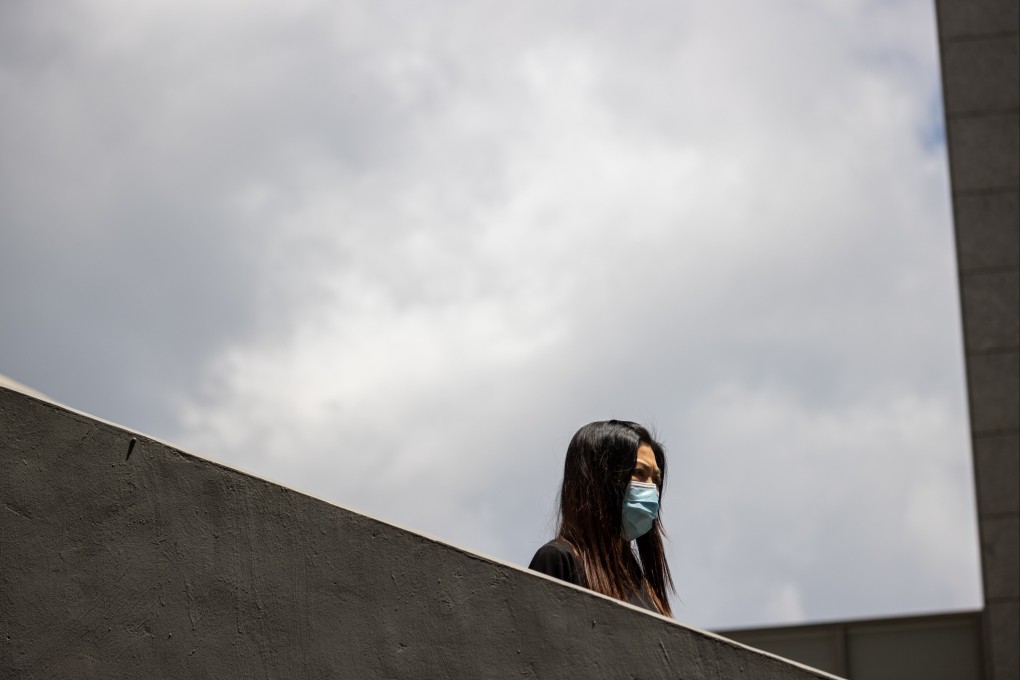Editorial | Hong Kong better prepared for next wave thanks to self-testing exercise
- Voluntary effort may have been lacking in accuracy, but it certainly taught residents how to use RAT kits and alerted hundreds previously unaware they were infected

Judging the success of Hong Kong’s recent voluntary rapid antigen self-testing effort cannot be done with great accuracy. While one aim of the three-day exercise was to reveal undetected asymptomatic cases, its discretionary nature meant the information collected was limited.
Only those who tested positive were required to upload results to a government website, so determining how many took part is guesswork.
Yet, the process was useful for authorities and important for the city, beyond those who were undoubtedly alerted; lessons were learned and valuable experience gained for when Covid-19 next threatens.
The fifth wave of the coronavirus was already in decline when outgoing Chief Executive Carrie Lam Cheng Yuet-ngor unveiled the scheme on April 2 and announced that free packs containing 20 rapid antigen test (RAT) kits were being distributed to almost 3 million households across the city.
Packing and delivering so many items was a logistical challenge, but would appear to have been accomplished with few hitches. Officials can similarly claim success in that preliminary data points to more people self-testing.
Before, polymerase chain reaction (PCR) and RAT tests were roughly equal, but during the three days, PCR numbers dropped and those for RAT increased. Asymptomatic RAT figures also rose from about 35 per cent to 65, being to health authorities another telltale sign.
